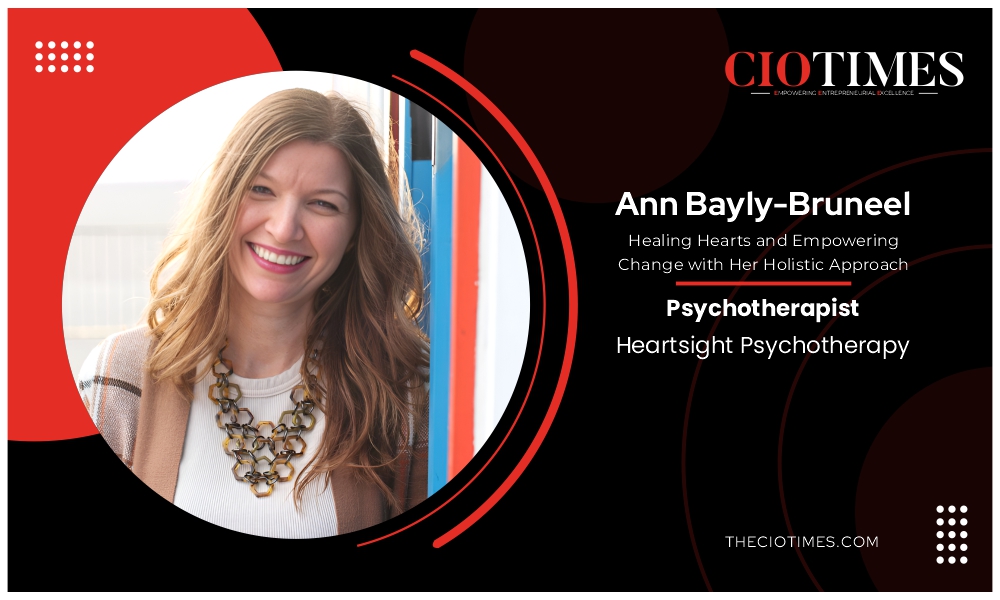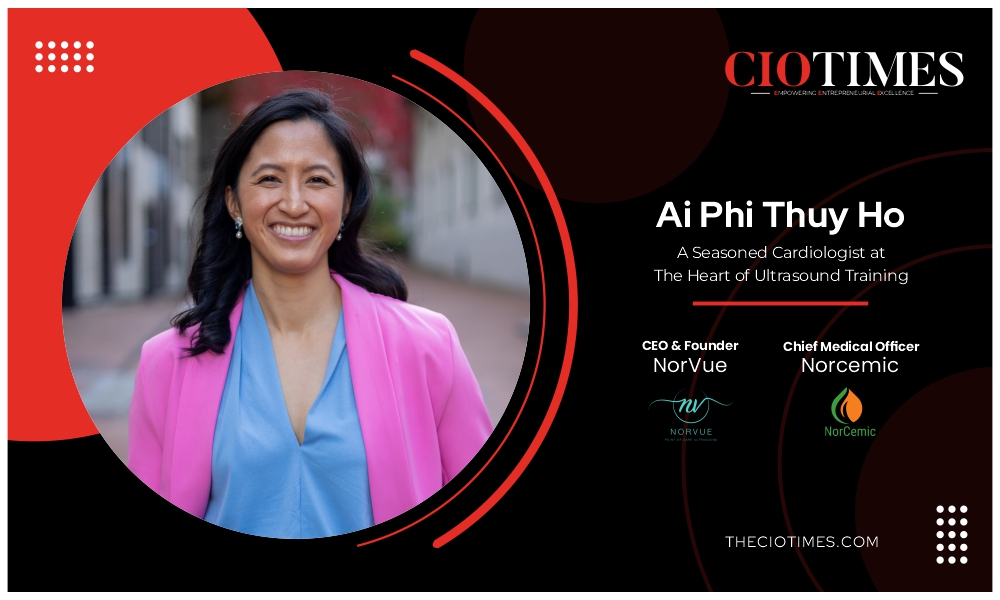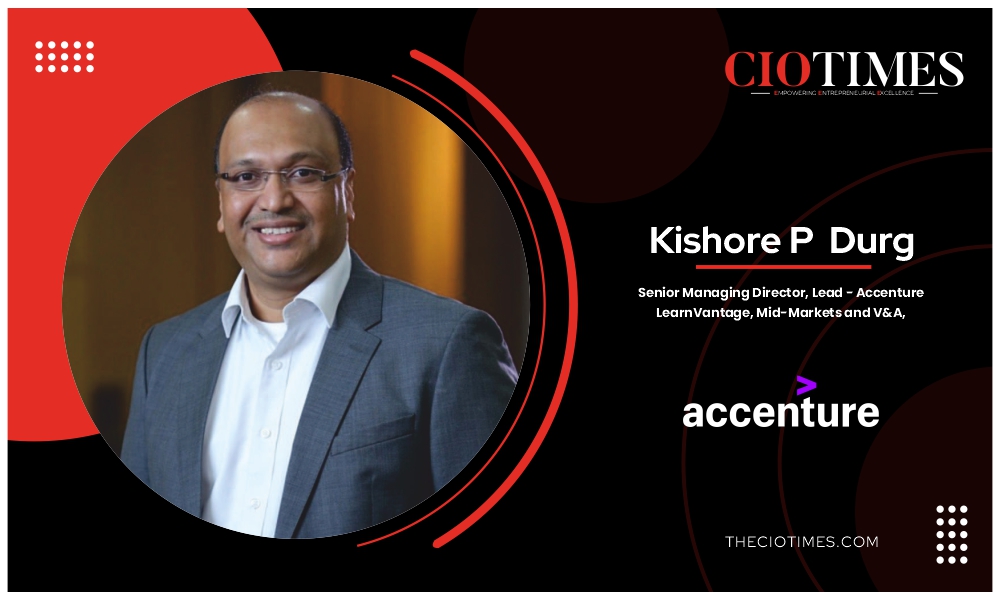More than the internet, what connects us human beings is our emotions, especially pain. How many times have we come across a post by an anonymous member in a random group that felt true for us? Why do words, written by someone far across the globe, resonate with us? Sometimes, even words aren’t required. An eye contact with a stranger on the subway who has been trying hard to avoid being seen and you know they are not hiding themselves, but their pain which they feel might escape through their eyes.
While our fast-paced lives leave us with no room to think about our pain or someone else’s and push us to carry on like clockwork, the truth is that addressing this pain is crucial. The pain or trauma that we face and suppress today, have their way of showing up later in our lives not just in terms of psychological illnesses but physical ones too. Suppressing emotions or being rageful for long gives rise to health issues like heart problems, digestive problems, and more.
Mental health thus becomes a crucial aspect of overall well-being. The best way to deal with it is to express oneself to a close friend or family member. However, not everyone is lucky to have a dependable and understanding human being in life and that is why, we need to go to someone who is trained to provide guidance, coping strategies, and therapeutic techniques that can help individuals navigate life’s challenges more effectively.
As a Consulting Psychotherapist with over 20 years of experience, Ann Bayly-Bruneel offers a safe and supportive space to address a wide array of mental health issues, such as anxiety, depression, stress, trauma, and more. She has been helping people deal with social expectations, work pressures, and personal responsibilities that can sometimes feel overwhelming. She helps individuals gain insight into their thoughts, behaviors, and emotions, ultimately leading to better self-awareness and personal growth.
The Foundation Stone
The early years of life, called childhood, are crucial for a human being. The experiences at this age often shape our mindset at all conscious levels. It lays the stone of our personalities and even our careers. Though it is not impossible to change oneself later on in life,but yes, these formative years are often defining ones.
Ann grew up in a family that supported her to be curious, playful, and questioning. A Sagittarius by her stars, she had an innate sensitivity and empathic nature which she explored further through creative and expressive outlets. Ann was naturally observant and held roles of being both the youngest and oldest sibling and was equally introverted/extroverted and highly introspective. Her father inspired in her a love of stories and a fascination with understanding our history/past. Her mom taught her the value of emotions, play, creativity, spirituality, and spontaneity. Both her parents were sensitive in their own ways and this contrast intrigued her and cultivated a spaciousness to explore her own inner and outer worlds.
Ann never liked the idea of having to pick a career and shaping herself to it. She knew that she needed to understand herself, her relationships, and the world around her. It was her high school art teacher who introduced her to the field of art psychotherapy. Ann fell in love with writers, artists, and folks who were living in their own truths and expressing a bold vision of who they were. She knew to follow her heart and was inspired by others who boldly live in their own truths and authenticity.
Choosing Psychotherapy
They say the best way to enjoy your work is to do what you want. Not all of us get into a profession that we love. Most of us tend to see work as a means of livelihood that pays for our bills. So, even if we do not enjoy our work, we do it for work’s sake. However, there are some of us who chase our dreams, and passions and sometimes even pivot later or sooner in life to work the way we want.
For Ann, this recognition came early in life. Choosing psychotherapy as her profession became a natural extension of her deep-seated passion for guiding individuals toward greater self-awareness and healing. It is rooted in her belief that every person has the innate ability to live and harness an authentically bold and heart-centered life. Her role as a psychotherapist helps her to help people navigate their emotions, overcome trauma, and achieve overall well-being. Ann’s approach is holistic, integrating mind, body, and spirit, and she is committed to creating a safe space for her clients to explore their vulnerabilities and strengths. Her work is rooted in anti-oppressive, trauma-responsive, and attachment-focused practices, aiming to empower individuals to live authentically and fully.
The Evolving Field
There are many theories, approaches, and models of psychotherapy that Ann learned—many of which expand on the other and offer differing perspectives and possibilities. Psychotherapy is a field that is constantly evolving as our own humanness evolves with it. Thus, it is a field that is dynamic, and constantly transforming itself. When Ann thinks about psychotherapy as a fluid, emergent, and responsive field, she is less wedded to a technique or theory. She has frameworks that guide her and values that underpin her work, but what she loves is the journey, the unfolding that happens on both sides of the therapeutic encounter, and being authentically present to who she is with.
In the two decades of being a psychotherapist, Ann feels that the landscape of psychotherapy is gradually shifting from siloed, colonial, symptom-oriented approaches dominated primarily by a patriarchal, heteronormative, and colonial medical model—to a dynamic, ever-evolving landscape that holds more capacity for multi-dimensionality, complexity, and nuance. For her, the primary shift she sees is that there is more awareness about trauma-responsive, relationally-focused, and somatically attuned forms of integrative care that support our diversity, are more radically inclusive, and allow for collectivist understandings. There is an ever-increasing recognition that we heal together within the context of compassionate relationships and expansive community. Psychotherapy as a field has broadened to consider models that are not only top-down, cognitive, and diagnostically framed. Rather, the field is expanding to also hold space for the wholeness of who we are as humans –who both receive and offer therapy.
“For me what is exciting is to notice how many of us are reaching out for support not only because we struggle amidst global poly-crises. Equally, it is true that we are finding ways to co-create spaces of compassionate solidarity with people who support us to deepen our own self-awareness, embodiment, and liberation. Part of this is to notice the internalization of systemic oppression in our body-mind-spirit and move towards an expanded and liberatory consciousness that mobilizes love into revolutionary action/change. The path to transforming the world around us becomes both an inward and outward exploration and we are invited into the mystery of it all,” says Ann.
Putting all her Heart
Heartsight Psychotherapy is a practice dedicated to fostering mental health, addiction recovery, and trauma healing. Founded by Ann, Heartsight Psychotherapy offers a holistic approach to therapy. Her practice emphasizes self-awareness, resilience, and overall well-being, integrating mind, body, and spirit in the healing process. Heartsight Psychotherapy is committed to creating a safe and supportive environment for clients to explore their vulnerabilities and strengths, promoting personal growth and authentic living.
It offers a range of services focused on mental health, trauma recovery, and addiction healing. Here are some of the specific services provided:
- Individual Therapy: Personalized sessions to address mental health concerns, trauma, and addiction.
- Couples Therapy: Helping couples improve communication, resolve conflicts, and strengthen their relationship.
- Family Therapy: Supporting families in addressing intergenerational trauma and fostering healthier dynamics.
- Trauma-Informed Therapy: Specialized approaches to help individuals heal from trauma using somatic, expressive, and relational processes.
- Attachment-Focused Therapy: Assisting clients in developing secure attachments and improving their relationships.
- Parent Coaching: Guiding parents in becoming more present, compassionate, and responsive to their children’s needs.
A Rewarding Profession
For Ann, the most rewarding aspect of being a psychotherapist is the fact that she loves being in deep presence and resonance with fellow humans. She feels grateful for the opportunity and privilege to hold a compassionate space for deep listening and receptive attunement. She is in awe of the mystery, magic, and wonder that lies within each of us and nurturing our interconnectivity and expanded embodied wisdom.
Ann is passionate about engaging in embodied conversations that support body and spirit and leaning into uncertainty and compassionate curiosity. Being able to meet what arises and lean into a situation with a deep sense of wonder and humility is what anchors her.
“We are taught to move away from the things in life that are difficult and painful, to avoid feeling – to engage in life from a very superficial, disconnected, and disembodied approach. The practice of therapy is a different process for me in that it holds a space to move towards what is painful, scary, and uncertain and to learn ways to both alchemize and transform experiences for the greater good of individual and shared humanity,” shares Ann.
A Compassionate and Empathic Approach
Ann sees trauma and pain as universal experiences that are deeply connected to our shared humanity. She compassionately holds space, is receptive to what arises, and meets emotions and our protective survival responses with reverence and humility. She is not the expert in the room– rather she is a fellow co-explorer who believes that we grow, heal, and evolve together. She is relationally oriented and somatically attuned to not only the words that are shared but to the deeper meaning and needs that are buried within. Ann supports her patients to connect with their own compassionate and wise selves and helps them to access embodied ancestral wisdom that honors innate rhythms of healing and well-being that are aligned with nature.
For Ann, empathy is integral. It is being willing to listen to a person’s experience as they see it—not as she sees it. It is a practice that fosters us to lean in and be moved by the affective resonance of someone’s experience. She practices joining and finds that having compassion that can hold space for herself and the other person/people is necessary to see the grip that trauma has and to imagine us on the same side collaborating with parts who are holding the pain, burdens, isolations, fears, and abandonments. Helping people to connect with their own self-agency and a reservoir of embodied compassion within their own system is so transformative and healing. Trauma’s natural inclination is to repeat and replicate through similar dynamics, patterns, and projections. When we can take a meta-perspective that allows for flexibility, compassion, and responsiveness we can gracefully support and co-create a new, widening experience that allows for more choices, and self-agency and deepens collective care.
Reaping the Benefits
The benefits of therapy services offered by Heartsight Psychotherapy are numerous and can have a profound impact on an individual’s mental health and overall well-being. Some key benefits include:
- Improved Mental Health: Therapy can help alleviate symptoms of mental health conditions such as depression, anxiety, and PTSD.
- Enhanced Self-Awareness: Therapy provides a safe space for individuals to explore their thoughts, emotions, and behaviors, leading to greater self-understanding.
- Better Coping Strategies: Therapy equips individuals with healthier ways to manage stress, anxiety, and other challenges.
- Stronger Relationships: Couples and family therapy can improve communication, resolve conflicts, and strengthen bonds.
- Healing from Trauma: Specialized trauma-informed therapy helps individuals process and heal from traumatic experiences.
- Increased Resilience: Therapy fosters resilience, helping individuals bounce back from adversity and build a more fulfilling life.
- Personal Growth: Therapy encourages personal development and self-empowerment, enabling individuals to live more authentic and meaningful lives.
These benefits contribute to a better quality of life and overall well-being, making therapy a valuable resource for anyone seeking to improve their mental health and relationships.
Impactful Sessions
Therapy is confidential and sacred. Ann feels that each session and person has had an impact and helped to shape her receptive and reflective approach. The moments when a person truly feels their heart open or has a deep aha moment or extends compassion generously to another are truly tender experiences that she cherishes.
Ann loves it when folks unleash a desire or move towards a path that is authentically chosen and she begins to see the ripples of self-love and a deepening of care spread out in multidimensional ways in the community. She loves it when there are noticeable shifts in how people respond, engage, and relate to themselves and the world around them as it affirms to her the intersections between our inner and outer world and the magic that happens when there is an individual and collective unthawing of thwarted energies and capacities.
Minding her Well-Being
Being a psychotherapist is an emotionally demanding field as it involves deeply engaging with clients’ trauma, pain, and vulnerabilities. Therapists must maintain empathy and compassion while managing their own emotional boundaries to avoid burnout. The work requires constant self-reflection, resilience, and ongoing professional development to provide effective support. Despite the challenges, the rewarding experience of witnessing clients’ growth and healing makes it a fulfilling profession.
Ann recognizes that her own well-being is essential to staying present, open, flexible, compassionate, and responsive. She engages in her own therapeutic and wellness practices on a regular basis. She is grateful to have a loving family and community and is also very intentional in co-creating ecosystems and a matrix of support. She uses her art and writing as vehicles for activism and compassionate solidarity and finds these are deep ways to nourish her inner soul and compassionate warrior. She engages in various embodied and experiential training that nurture the parts of her that are keen to learn/unlearn.
Ann spends time in nature and loves being around animals and her cat; her zen master. She also engages in practices of supervision and mentoring and extends compassionate support to others. “I am interested in living my life at a pace, flow, and rhythm that supports all parts of me and notice where my energy and attention goes. Practicing micro-self-care and attuning to my inner voice and body supports me in being in alignment with my values, vision, and purpose. I stay connected to my feelings and allow myself to feel, be moved and heartfully connected to our shared humanity,” says Ann.
Guidance that Empowers
As a therapist, Ann has to maintain a balance while offering guidance and also empowering clients to find their own solutions. Firstly, Ann doesn’t see herself as the expert in the room. She notices that she is in the presence of a fellow human who holds layers of intersectional experiences and wisdom. Some of which they know and can cognitively understand—and other parts that are less known, unconscious, protected, preverbal, and often without a coherent narrative.
Ann engages in the process from a perspective of collaborating and co-exploring. She practices not making assumptions and holding a generous and spacious curiosity that supports her to engage in a process of gentle and embodied inquiry. Seeing behavior as a means to share unmet needs, she supports people to hear and deeply listen to themselves, notice the movements, sounds, needs, and images that support them to deepen their self-trust and capacities and to access an embodied knowing that holds a compassionate wisdom that is loving, empowering and self-guiding. From this perspective, she is aware of the importance of her presence, attunement, and affective resonance while simultaneously supporting people to access a compassionate presence from within that knows and leads the way—she encourages folks to bridge to community and expanded care at a pace that feels aligned for them.
Dispelling the Misconceptions
Ann thinks the biggest misconception that people have about therapy and the role of a psychotherapist is that the process of psychotherapy is linear or standardized and that the psychotherapist is the expert. Rather there is a very non-linear process, there are visible and invisible golden threads that they co-explore, follow, and navigate together. There is mystery, awe, and a sense of not knowing –while staying present to all that arises in session and within us.
“It is more of an art and a practice for living open-heartedly—where we deepen our capacity to lean in and truly feel alongside another. There are frameworks that can help guide the process—at the same time most of the therapy is about being embodied, present, attuned, and willing to listen with compassion and curiosity,” she says.
Understanding the Nuevo Techniques and Implementing them
Ann is aware of trends and stays up to date with current research/theories. At the same time, her experiential approach is guided by her own embodied values and in service of the people that she journeys alongside. Practicing as an art and somatic therapist is generally not considered mainstream. Amplifying approaches that center on relational and community care and focus on healing and restorative justice are anchored in non-colonial and ancestral roots. Thus, I have learned to not be as concerned about mainstream approaches and to listen to the voices and perspectives on the margins.
As for integrating new therapeutic practices into her existing methods, it is her practice to offer therapeutic practices that she has had the opportunity to experience first. To begin with, she informs a fellow collaborator that she is learning an approach and provides relational and informed consent for them to decide whether to engage in the process or not. She will share information about the theory/practice and provide resources for them to research or learn more about the practice if they feel it will benefit them and is congruent with their therapeutic goals, if they decide to engage in the process, they will assess if it is helpful or not.
Future Therapists
For those considering a career in psychotherapy, Ann’s message is:
“I would encourage them to engage in their own healing and embodied practices. Embrace our interconnectedness and recognize how our liberation and well-being are connected to each other.
Relinquish the position of expert and engage in therapy through a process of collaboration and co-exploration. Constantly learn and unlearn. Decolonize your practice and approach and notice how intersectional systems impact our body-mind-spirit. Engage in experiential training and therapies that allow you to deepen your emotional resonance and embodied attunement. Allow yourself to feel and be moved by your collaborators and practice with compassion, curiosity, and receptivity.”
Hopes for the Future
Ann hopes to see psychotherapy incorporated into the full spectrum of healthcare services. That therapy is accessible and available to all in an equitable and affordable way. She believes that our world would be more just, kinder, and equitable if people in positions of leading, healing, and helping engage in their own therapeutic and embodied practice so that they can feel the depth of our shared tender humanity.
There are more integrative and inclusive pathways for community care and more people who share a desire to shift the power structures to allow for more intersectional collaborative compassionate leadership on a global scale.
“Transforming our world is both a dynamic inside and outside job. Much has to do with unthawing layers of freeze, disconnection, separation, and disembodiment. When we flow, we can feel the power of collective care and be a part of co-creating ripples of kindness and healing. I see my life and purpose as being aligned with this vision and am grateful to share this path with fellow collaborators and creative activists,” concludes Ann Bayly-Bruneel.
For those aspiring to make a difference in psychotherapy, Visit Ann’s exclusive LinkedIn Profile
Get inspired by his journey visit digital magazine




